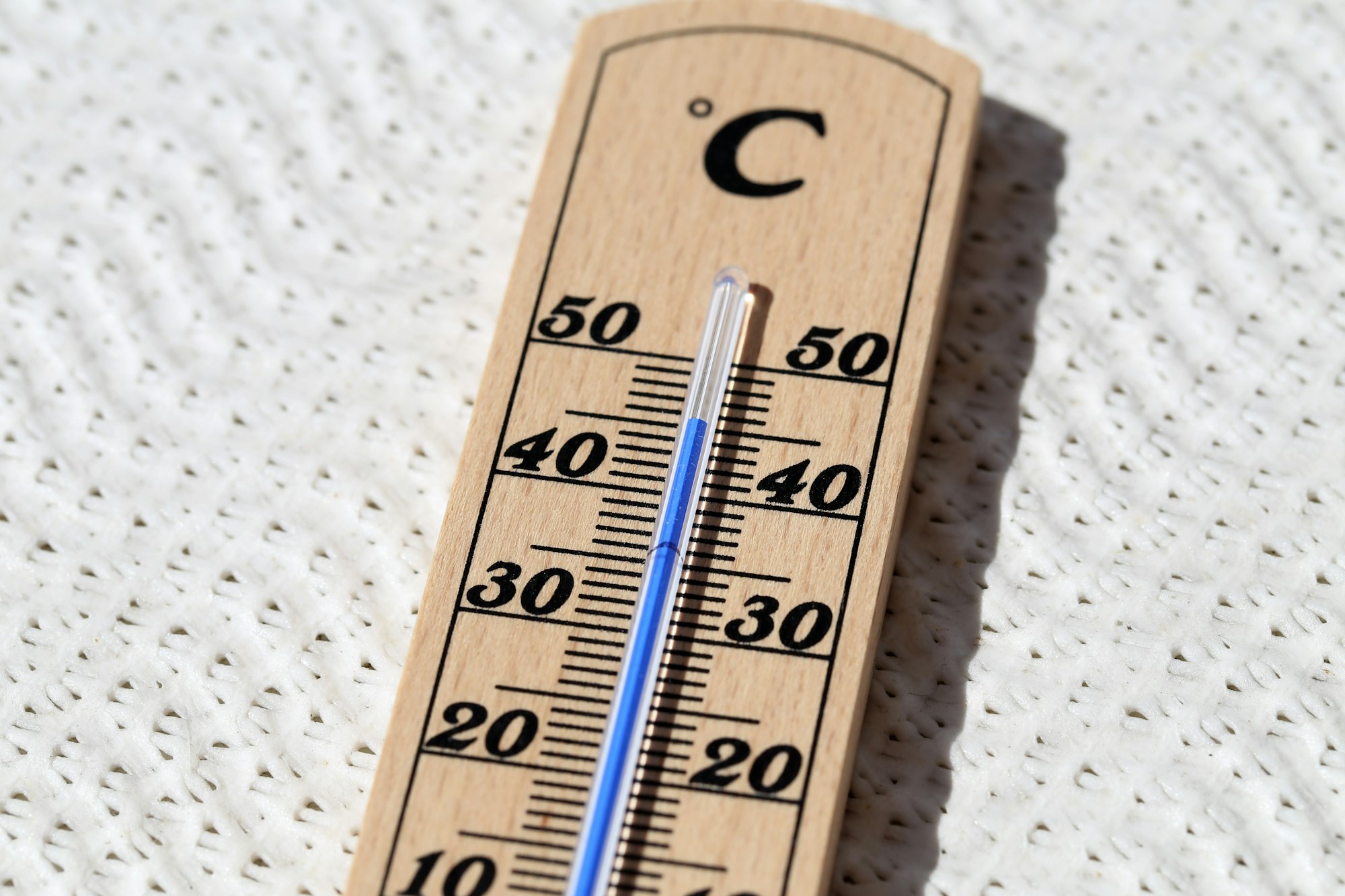2023: The Heat is On
What the Experts are Saying
The World Meteorological Organization (WMO) has basically pulled the fire alarm on the state of our planet, pointing out that 2023 smashed records left and right when it comes to how hot our world is getting. It’s not just about numbers; it’s a big red flag showing us that Earth is going through some serious changes, fast. The WMO’s report talks about how we’re messing up on several fronts – from pumping too much greenhouse gases into the air, heating up both the land and the ocean, making the seas more acidic, to watching ice caps and glaciers melt away and sea levels rise.

What’s the Big Deal with the Data?
Here’s the lowdown: in 2023, the Earth’s surface was 1.45°C hotter than what it was back in the late 1800s. That’s a huge leap, especially when you consider that scientists and world leaders had previously agreed that we should do everything possible to not let the planet get 1.5°C hotter than those pre-industrial times. This latest spike in temperature is like a huge warning siren, telling us we need to get our act together, pronto.
Weather Gone Wild
2023’s Crazy Weather
Last year, the weather was off the charts – scorching heatwaves hitting places where lots of people live, alongside other bizarre weather events. These aren’t just random happenings; they’re the kind of things scientists have been warning us about because of climate change. And if we keep relying on fossil fuels like there’s no tomorrow, these extreme weather events are going to get even worse.
Scientists Sound Off
While some climate experts think the wacky weather at the start of 2024 means things are getting worse faster than we thought, others say this might still be within what their models predicted. But one thing they all agree on: if we don’t cut down on our fossil fuel habit, we’re in for a rough ride.
A Light at the End of the Tunnel: Renewable Energy
Some Good News, Finally
Despite all the doom and gloom, there’s a bit of hope. In 2023, the world added almost 50% more renewable energy capacity than the year before, which is the biggest jump we’ve seen in 20 years. This shift towards renewable energy is crucial if we want to avoid the worst impacts of climate change.
Time to Step Up
The Harsh Truth
The WMO’s report is like a cold splash of water, waking us up to how bad things have gotten. With carbon emissions still climbing and big money still chasing after oil and gas, the report is a clear call to action. We need to start making some big changes, and fast.
Oceans in Hot Water
Last year wasn’t just rough on land; the oceans were having a tough time, too, with marine heatwaves messing with marine life and the people who depend on it. This part of the report shows just how connected everything is – what happens in the oceans can hit us hard, affecting everything from the fish we eat to global weather patterns.
Who’s Getting Hit the Hardest
The worst part? The impacts of climate change aren’t the same for everyone. People living in Africa and South Asia are bearing the brunt of it, dealing with the most severe consequences. The report urges everyone to think differently about how we talk and do something about climate change, making sure that the solutions we come up with work for everyone, not just the wealthy countries.
Let’s dive into the key points of the UN’s 2023 report on climate change – from record-breaking temperatures and wild weather to the promising growth in renewable energy, and why there’s a global push to combat this fast-moving crisis.

FAQs: Understanding the 2023 Climate Crisis
1. Why was 2023 the hottest year on record?
2023 broke the heat record due to a combination of long-term global warming from human activities, especially the emission of greenhouse gases like carbon dioxide and methane. These activities have been ramping up the Earth’s temperature steadily since the Industrial Revolution.
2. What were some of the major consequences of 2023’s record temperatures?
The major fallout included more intense and frequent heatwaves affecting millions, rising sea levels threatening coastal communities, accelerated melting of ice caps and glaciers, increased ocean acidification harming marine life, and more extreme weather events like storms and droughts across the globe.
3. How does climate change affect weather patterns?
Climate change doesn’t just mean a warmer planet; it disrupts normal weather patterns, leading to more extreme events. This includes hotter summers, colder winters in some places, more severe hurricanes and typhoons, unpredictable rainfall patterns causing both floods and droughts, and even affecting the intensity of wildfires.
4. Can switching to renewable energy really make a difference in combating climate change?
Yes, it can. By reducing our reliance on fossil fuels, which are a major source of greenhouse gas emissions, and switching to renewable energy sources like wind, solar, and hydro, we can significantly cut down the amount of carbon dioxide we put into the atmosphere. This is a critical step in slowing down global warming and its effects.
5. What can I do to help fight climate change?
Individual actions can collectively make a big difference. This includes reducing energy consumption, using public transport or cycling instead of driving, supporting and using renewable energy sources, reducing waste and recycling, and also advocating for and supporting policies and practices that aim to reduce greenhouse gas emissions. Every bit helps in the fight against climate change.
Sources The Guardian


